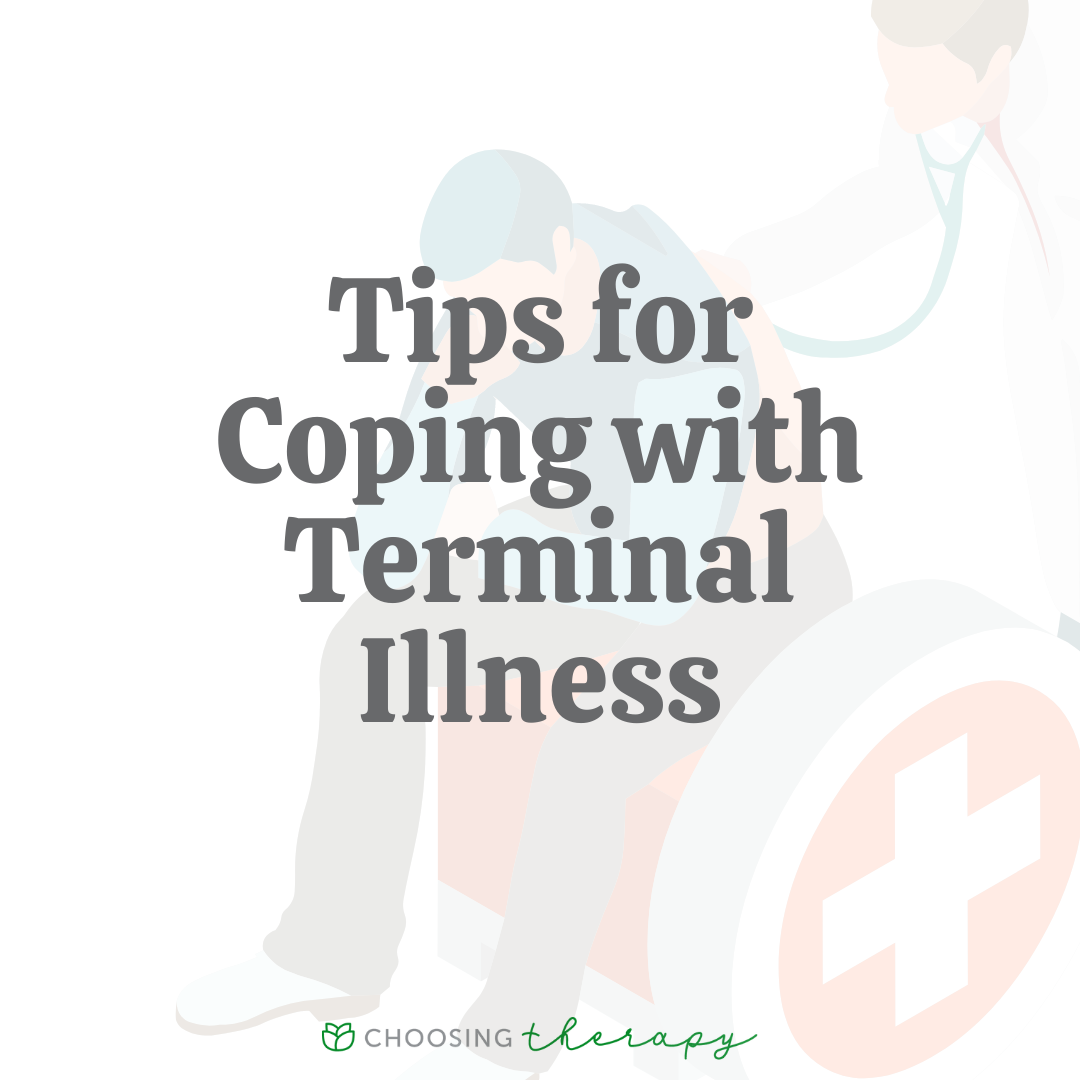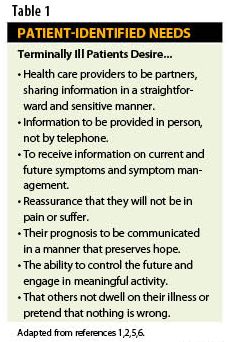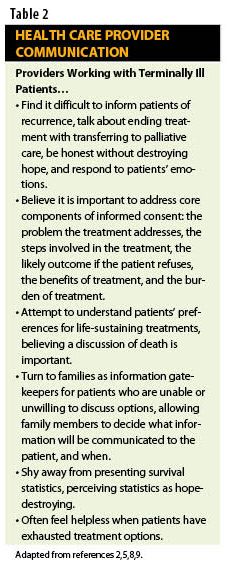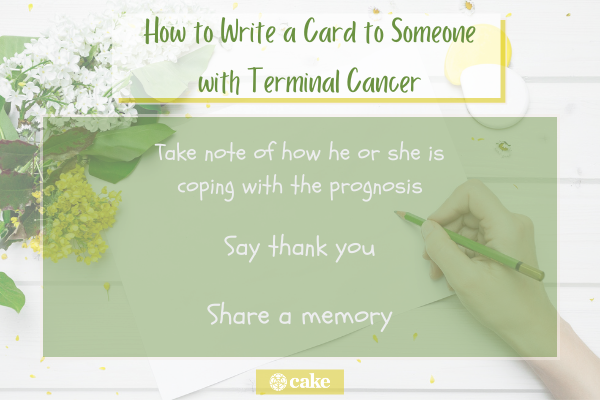Casual Tips About How To Cope With A Terminal Diagnosis

How to cope with a terminal illness diagnosis diagnosis of a terminal illness may bring with it lots of emotions, uncertainty, and doubt.
How to cope with a terminal diagnosis. In fact, over time your loved one or client will need to. Extend compassion be aware that patients may exhibit a variety of behaviors—shock, anger, and sadness are all common reactions. Also, stay open to new possibilities.
If you want to sit on your back porch soaking in the sun and. Coping with a terminal illness end of life care your feelings. By setting your end of life priorities this can help you cope with the feeling of helplessness that comes with a terminal diagnosis.
You don’t want to set yourself up for failure and guilt. If you're concerned, build on your relationship's strengths. A terminal diagnosis likely means that your loved one or client has a disease that will contribute to a slow decline in physical functioning.
But there is lots of support to help you manage difficult. You break in to tears and. While receiving a terminal diagnosis can bring about depression, fear, guilt, and anxiety, many terminal patients also find that their prognosis brings a bit of optimism and lightness to their.
Learning how to cope with a terminal diagnosis can be really hard. If your parent is receiving treatment, they may be too tired to do everything they usually. Instead, encourage yourself for each small thing you accomplish each day.
The fentanyl patch barely keeps the pain in check, and even with regular zofran to keep the nausea at bay, you can’t stomach a full meal most days. A terminal diagnosis changes that, but there is still hope. You may also feel isolated and alone, even.



/terminal-restlessness-1132271_V1-49d6b9611c764621a6cd427e33834092.jpg)
/cancer-patient-in-hospice-care--159243595-5a9be2dbeb97de0036e8d424.jpg)













